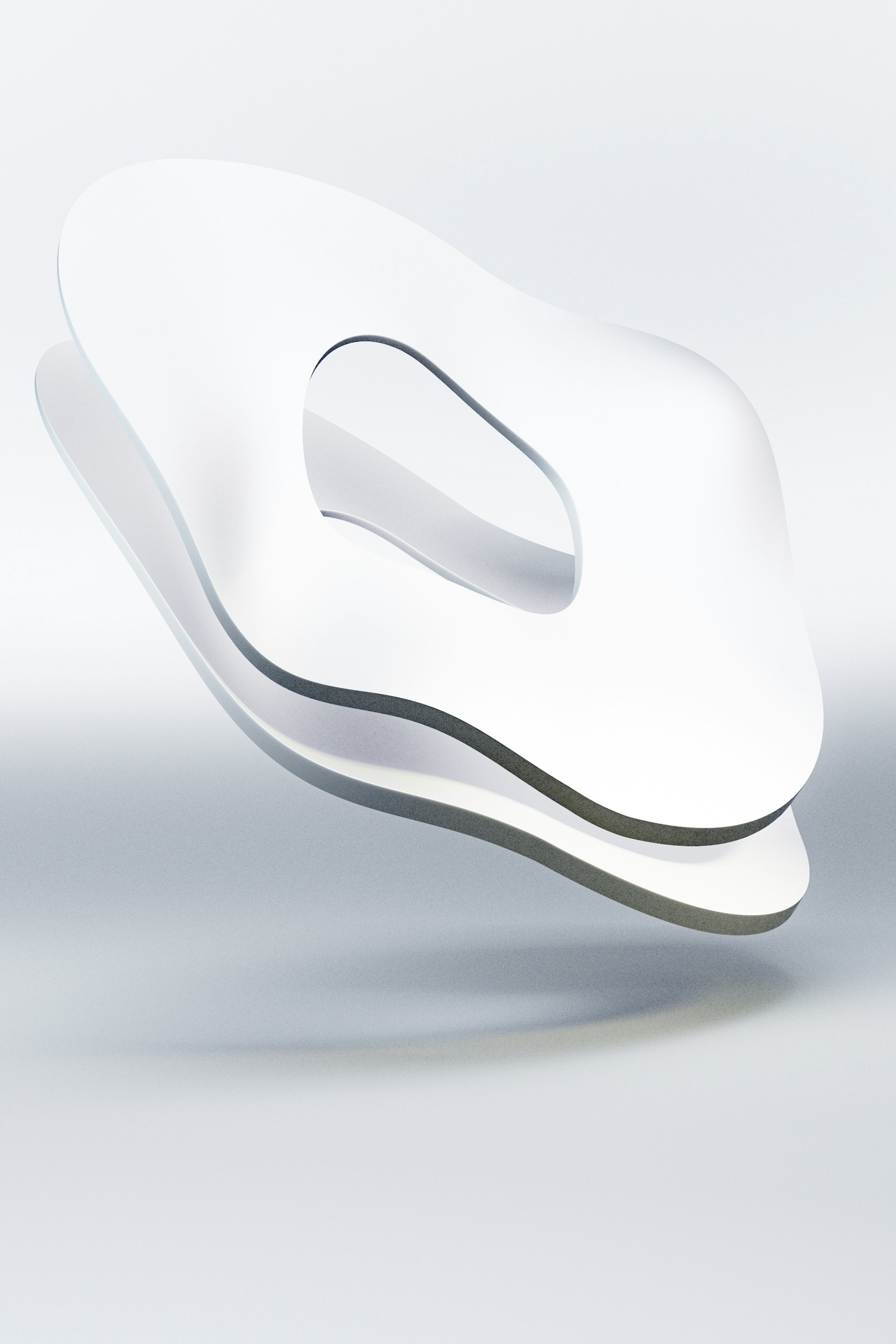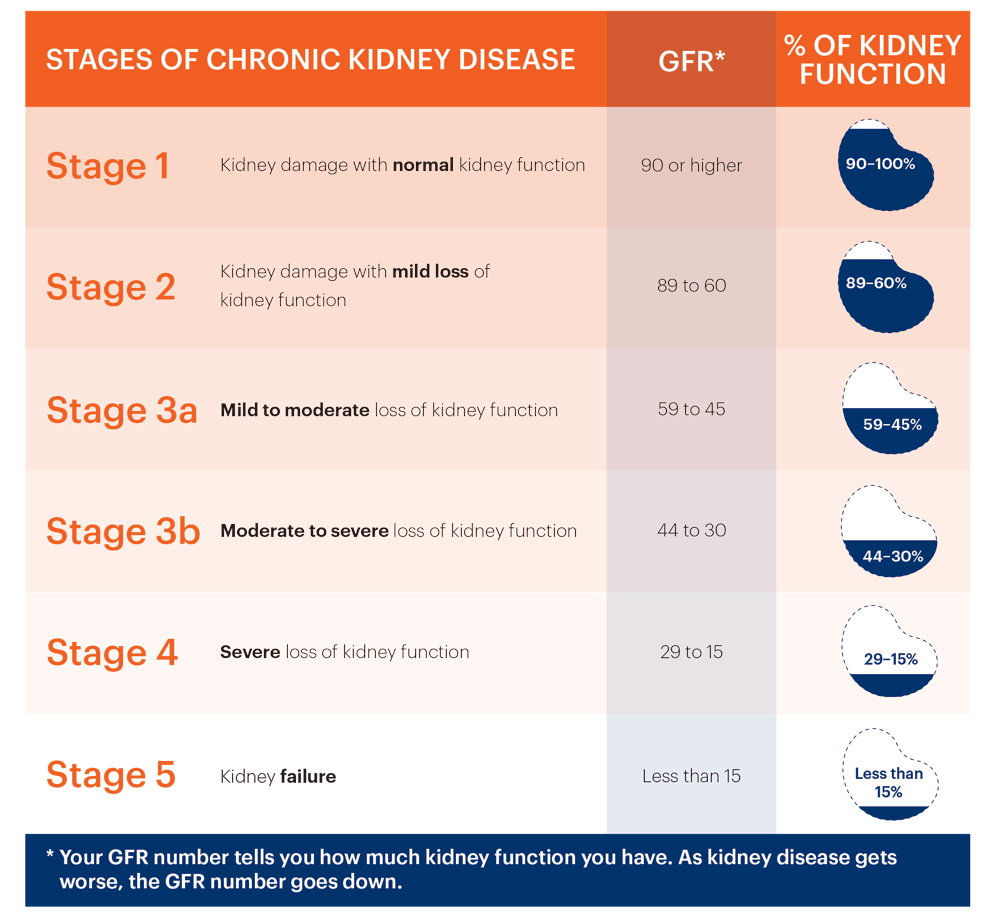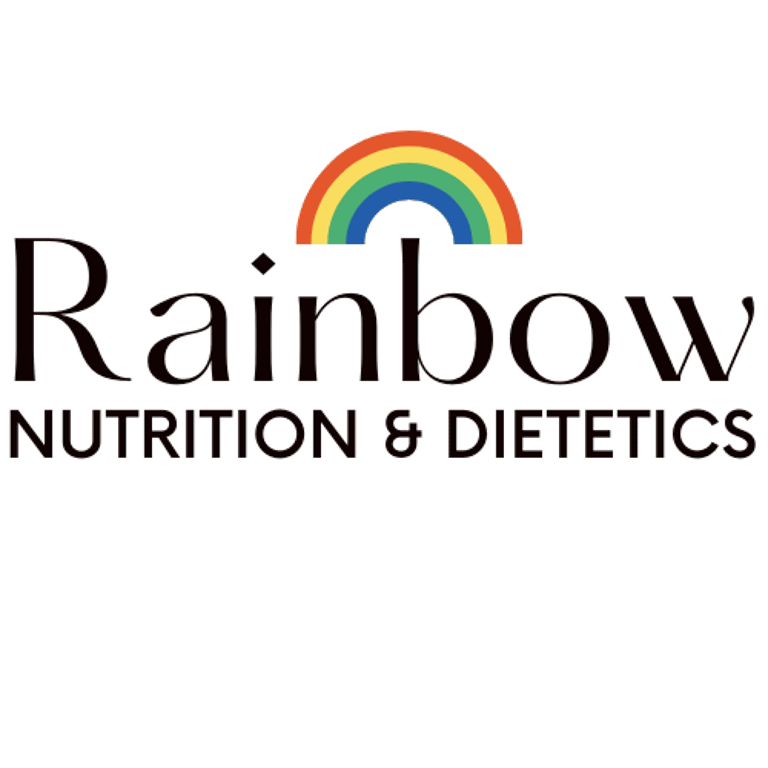
When should I start taking action for my kidney problem?
This post helps you to understand more about different stages of chronic kidney disease, what they mean, and when you should start taking action. This post also shows you how to read some of your blood test results and relate to your kidney conditions.
CHRONIC KIDNEY DISEASE
Chronic Kidney Disease, what does it mean to me?


When you were told that you have chronic kidney disease, what is your reaction? Would it be,"Hmm... but I feel fine" or "That explain why I experience certain symptoms..." or " What should I do now?"
In fact, chronic kidney disease, or CKD in short, is a complicated disease. In a simple sentence, CKD means your kidneys are progressively, over time, losing their functions. CKD can be due to a number of reasons, hypertension and diabetes being the two main culprits, what's more, you can do something about them before they damage your kidney. So, if you have hypertension or diabetes, start working with an Accredited Practising Dietitian to help you in a sustainable manner.
The loss of your kidney function happens in stages and there are altogether 5 stages. Guided by estimated glomerular filtration rate (eGFR), a reading that you can find from your blood test result, each CKD stage represents the remaining kidney function in percentage. For example, if your blood test result shows eGFR 55, that means 45% of both your kidneys are damaged; You have stage 3a CKD. If you have eGFR less than 15, your kidneys only function at 15%, you are at stage 5 CKD and you have kidney failure. At stage 5, you need dialysis for the rest of your life unless you have chance for kidney transplant. National Kidney Foundation (NKF) has elegantly illustrated the CKD stages as per diagram below. If your eGFR below 60 for 3 months or more, according to NKF definition, this indicates CKD. In short, when you are diagnosed with CKD, it starts from stage 3a.
what do I do next?
If you have CKD, i.e. your eGFR is below 60 for 3 months or more, start taking action, do not wait. You may ask, " But what can I do?" Because CKD is such a complicated disease, working with a dietitian with special interest in CKD is crucial so that they can guide you on what and how to eat to preserve your kidney function. You do not need a General Practitioner (GP) referral to see a dietitian with special interest in CKD unless you want to access Medicare rebate.
But why should I? If you read my previous blog " Preserve your kidney function"on the functions of kidneys, you will realize how important kidneys are and what you eat will affect greatly on your kidney load and CKD progression. Let me pick one kidney function: filter nitrogenous waste. Normally, any excess protein that you eat will be broken down to form nitrogenous waste and removed by the kidneys. With CKD, depending on the stage, the kidneys will have problem removing nitrogenous waste; the lower the eGFR readings, the less the kidneys able to do so due to higher percentage of kidney damage.
Wait, what is nitrogenous waste? If you have your blood test results, take them out and find "urea" and "creatinine". Urea is one of the first nitrogenous wastes to build up in the blood when kidneys function drop. So, is the reading higher than the normal range indicated in your blood test results? Next, look at creatinine. Normally, healthy kidneys remove ALL creatinine from your blood and therefore the normal range of creatinine only allows for a small spill over (in micromol/L).
NOTE: Read my previous blog " Preserve your kidney function" for signs and symptoms of CKD.
Now, the problem with CKD patients is that they often do not experience obvious symptoms until very late stages which is actually scary. This is because by the time you want to do something, it will be too late as most of the kidneys are damaged. A simple question to ask yourself, "If you were given a choice to preserve your kidney function at 50% or 15%, which one will you choose?" What's more, the earlier you start to preserve your kidney function, the less food restriction and the more food you can enjoy.
So, act early so that you get as much opportunity as possible. Work with me to preserve your kidney function. Contact me now and you can get a complementary 15 min session for more information.


References:
Porth, Carol, and Glenn Matfin. Pathophysiology: Concepts of Altered Health States. 9th ed. Philadelphia, PA: Wolters Kluwer Health/Lippincott Williams & Wilkins, 2014.
